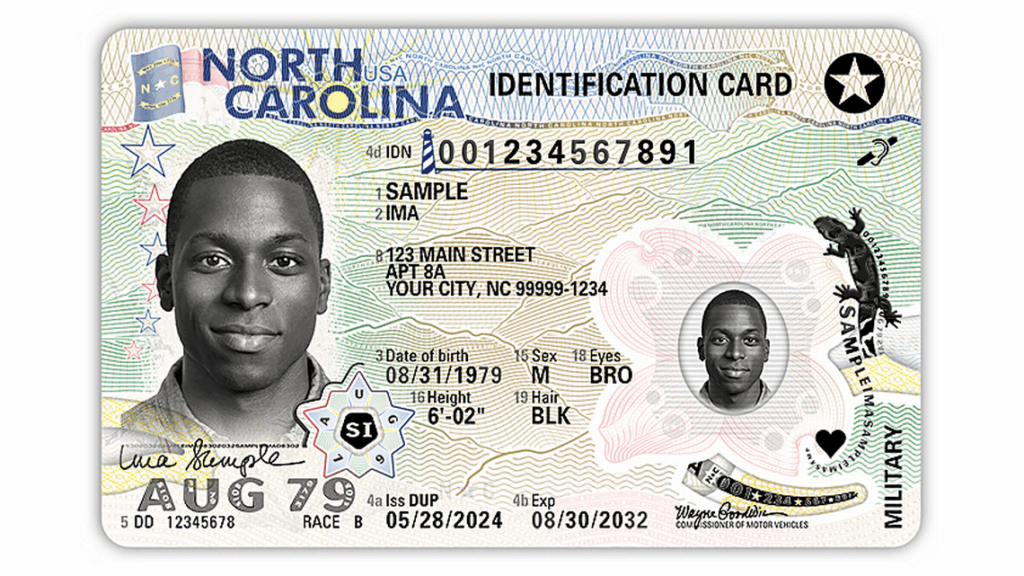North Carolina lawmakers are moving forward with a bill designed to improve traffic stop interactions between law enforcement and individuals on the autism spectrum. The legislation, House Bill 21, recently passed in the state House and seeks to give drivers with autism the option to include a voluntary designation on their DMV record. This information would appear when police officers check a driver’s license during a stop—providing crucial context that could prevent misunderstandings.
The initiative comes amid rising awareness of the unique challenges faced by people with autism during high-stress encounters. Often, individuals with autism may have difficulty with eye contact, sudden movements, or verbal responses—all of which can be misinterpreted during a traffic stop. The bill also mandates training for law enforcement on how to appropriately interact with individuals with autism spectrum disorder (ASD).
Support and Concerns About the Autism Driver ID Designation
The measure passed with unanimous support in the House, indicating strong bipartisan recognition of the need for better protections. However, not all lawmakers are convinced it will have its intended effect. Since the autism designation would only appear on the driver’s electronic DMV record, it wouldn’t be visible until officers run the license—potentially after the initial contact has occurred.
Some legislators proposed alternatives, such as rearview mirror placards or special license plates, to provide earlier notification. But supporters of the bill, including advocates from the Autism Society of North Carolina, emphasized the importance of privacy and the risk of stigmatization if such identifiers were too visible.
Still, the message is clear: the needs of individuals with autism are evolving, and legal frameworks must keep pace to ensure safety and dignity for everyone involved.

Why This Matters for Autism Support in North Carolina
As autism diagnosis rates continue to rise—now affecting approximately 1 in 36 children and more than 5 million adults nationwide—legislation like House Bill 21 reflects growing awareness of how autism affects daily life. From workplace participation to independent driving, people with autism are engaging with society more fully than ever. But that also means they face new risks if public systems don’t adapt.
At Pops ABA, we recognize how critical it is for families and individuals to not only access autism services but also to feel supported in all aspects of life. That’s why we’re dedicated to providing comprehensive ABA therapy in North Carolina to help children and families build the skills needed for greater independence and confidence.
Supporting Families with Meaningful ABA Therapy
Whether it’s preparing for social interactions, community outings, or managing challenging behaviors, our team is here to help. We offer in-home, personalized ABA therapy tailored to your child’s unique needs. We work with families across North Carolina to build practical skills that make a difference in everyday life—not just in clinical settings.
Contact us today to learn more about how our ABA therapy services can support your family. Whether you’re just beginning your autism journey or seeking more specialized care, we’re here to help with experience, compassion, and proven strategies. Let’s take the next step—together.



